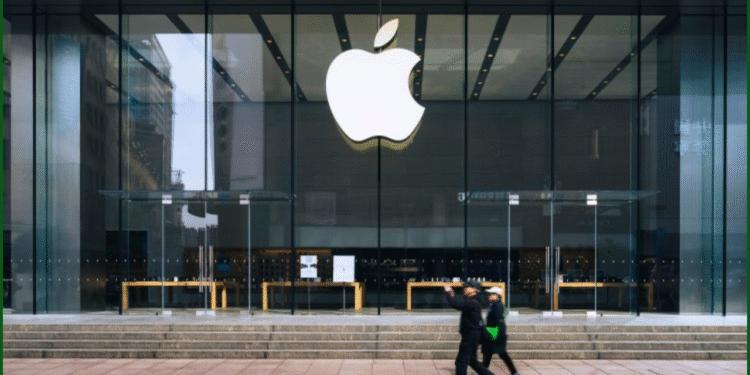In a significant shift for the tech giant, Apple has revised its U.S. App Store guidelines to permit developers to link to external payment platforms, a change prompted by a court ruling in its ongoing legal dispute with Epic Games. The decision marks a departure from Apple’s tightly controlled payment ecosystem, which previously mandated that all in-app digital transactions flow through its proprietary system, securing Apple a commission of up to 30%.
The policy update follows a ruling by U.S. District Judge Yvonne Gonzalez Rogers, who ordered Apple to loosen its grip on in-app payment restrictions. While Apple has implemented the changes, the company announced its intent to appeal the decision, signaling that the battle over its App Store practices is far from over.
A Win for Developers
The new guidelines allow developers to direct users to external websites for purchases, potentially bypassing Apple’s commission fees. This change is poised to benefit a wide range of app creators, particularly those in the cryptocurrency and non-fungible token (NFT) sectors. Previously, developers of digital asset apps were tethered to Apple’s payment infrastructure, which often squeezed profit margins and stifled innovation. The ability to link to external payment methods could empower these developers to offer more competitive pricing and explore new business models.
However, Apple’s updated rules come with caveats. Certain activities, such as cryptocurrency mining and reward-based incentives, remain banned, limiting the scope of freedom for some crypto-related apps. Additionally, developers must comply with Apple’s stringent standards for user privacy and data security, ensuring that external payment systems meet the company’s expectations for consumer protection.
The Epic Games Catalyst
The roots of this change trace back to 2020, when Epic Games, the creator of Fortnite, filed a lawsuit challenging Apple’s App Store dominance. Epic argued that Apple’s control over in-app payments was anti-competitive, sparking a high-profile legal showdown. While Apple emerged largely victorious in the case, the court’s mandate to allow external payment links was a notable concession, compelling Apple to rethink a core aspect of its App Store strategy.
This ruling represents a rare instance of regulatory intervention forcing Apple to adjust its tightly controlled ecosystem. As global scrutiny of app store policies intensifies, with antitrust concerns gaining traction in markets worldwide, Apple’s compliance with the court order could set a precedent for future reforms.
What’s Next?
For now, developers can take advantage of the new external payment options, but Apple’s planned appeal introduces uncertainty. If the appeal overturns the ruling, Apple could revert to its original payment policies, reinstating its commission-driven model. Conversely, a loss in the appeal could solidify the changes and potentially embolden further challenges to Apple’s App Store dominance.
The updated policy is a pivotal moment for Apple, developers, and consumers alike. For developers, it opens new avenues for revenue and innovation. For consumers, it could lead to more competitive pricing and diverse app offerings. As the legal saga continues, the tech industry will be watching closely to see how this precedent shapes the future of app marketplaces.


















































